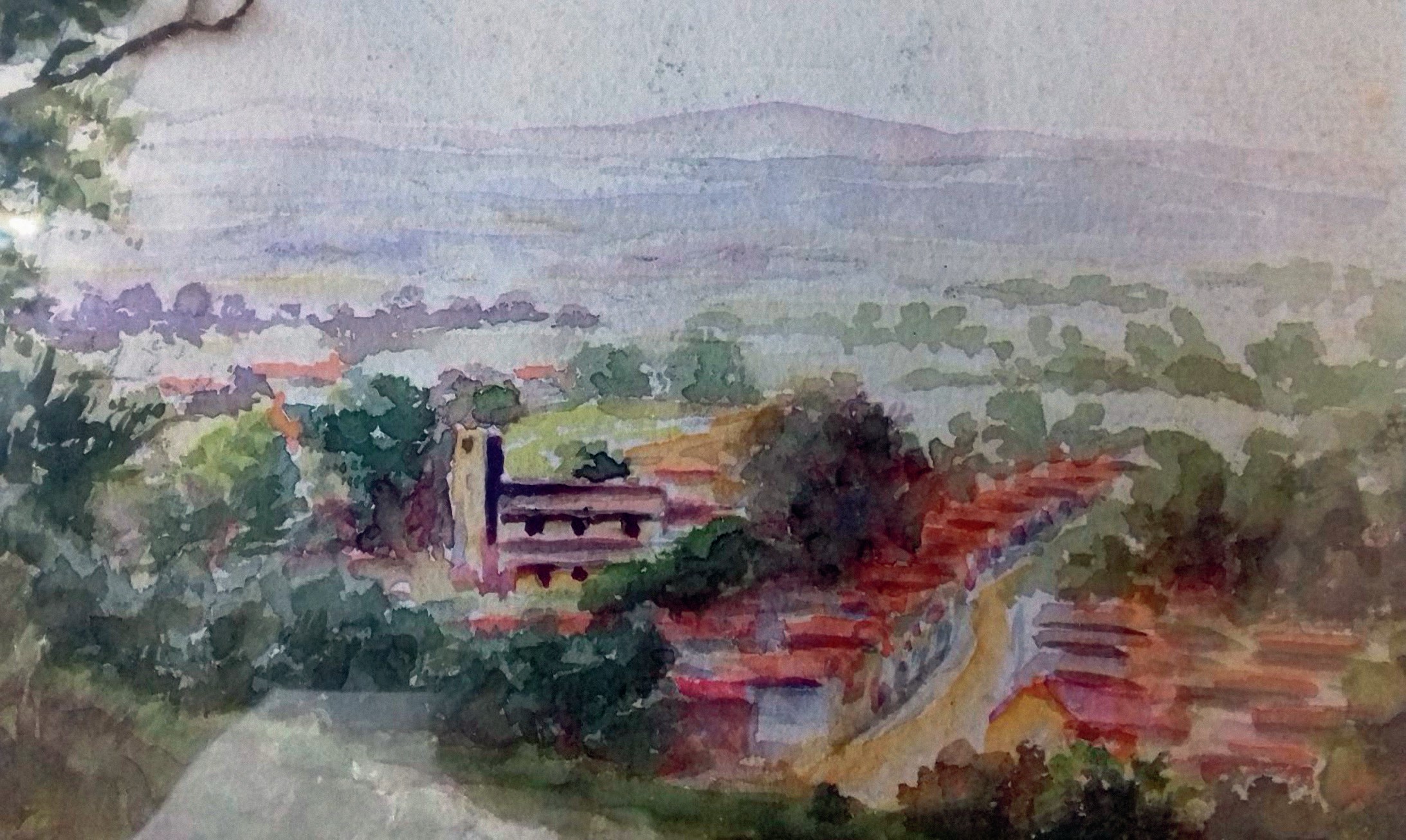
There are many branches of history that can be studied: economic, political or religious, for example. These are wide headings and can cover an enormous range of important topics which can often be disconnected from a person’s day-to-day life. One branch of history that can lead to a strong engagement is local history, which can be focused on a region or county, or a smaller area such as a town or village or even a street, park or sporting arena. Family history and genealogy, old newspapers, maps, diaries, letters and censuses are useful sources of data so many people feel a strong connection to this section of history and can make it come to life through a study that is of personal interest to an individual.
A local history project could look at how a town or village grew, the working lives of inhabitants of a street and how those jobs changed over the years, how building types varied over the centuries, or how a person contributed to the construction of a landmark. Every county in Britain has local history societies that promote this sort of research.
Your organisation does not have access to this article.
Sign up today to give your students the edge they need to achieve their best grades with subject expertise
Subscribe




